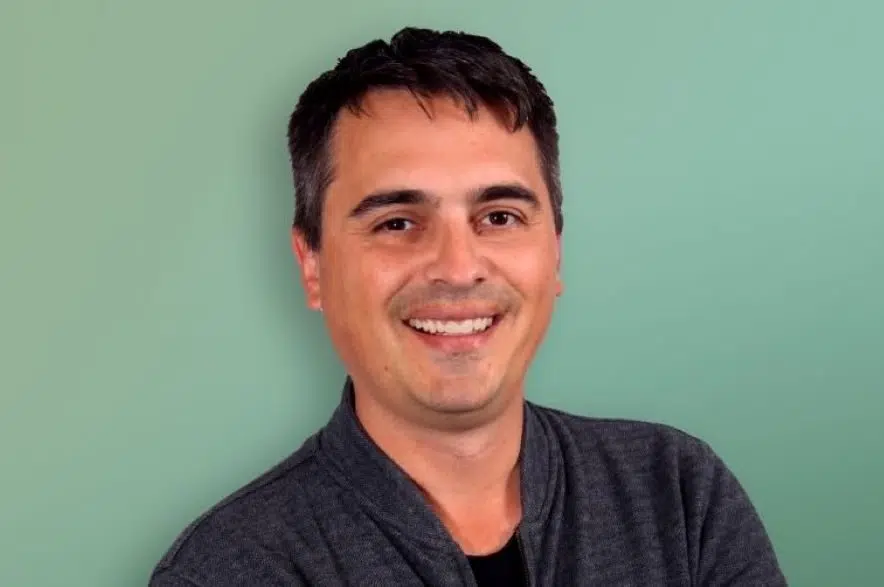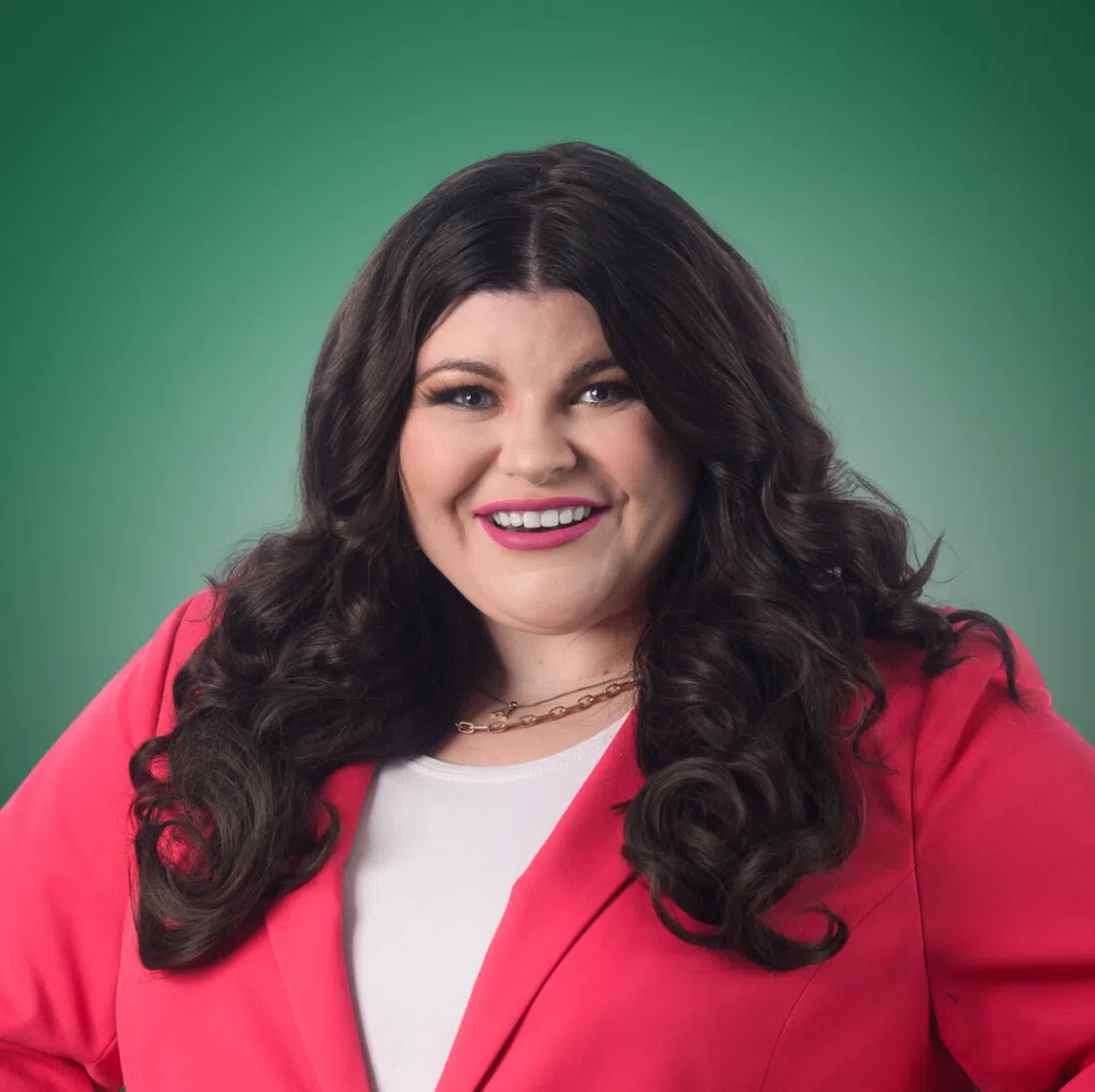Hey, Kyle Dubas, I’ll take that bet!
The new president of hockey operations of the Pittsburgh Penguins stated quite clearly that he’ll bet on the current core of head coach Mike Sullivan, captain Sidney Crosby and his assistant captains, Evgeni Malkin and Kris Letang.
Dubas is being watched closely, albeit nowhere near as closely as his last gig as the Toronto Maple Leafs general manager. He has to decide on the balance between moving on from future Hall of Famers in order to move the Penguins into the future and keeping the aging trio and giving it one more go.
Crosby has two more years left on the biggest bargain contract in the history of hockey. Malkin has three more years on his hometown discount and Letang has five more years on another favourable deal for Pittsburgh.
Now it’s a matter of what Dubas can do with the extra $20 million of cap space he has to sign approximately six or seven more players.
Do the math. That’s two or three decent contracts with the rest at minimum salary if the Penguins care to bring along some of their top prospects.
The average age of the Penguins is over 30. The average age of the Florida Panthers is about 27 and it’s about 28 for the Vegas Golden Knights.
If the Penguins want to win, they’d better get younger and quickly, and keeping three players who are 36 years old or older is not a bet I’d be willing to put money down on.
The dropoff can be quick when you go from veteran to old. And trust me, there’s a big difference.
Veteran players are still keeping up with the play, still finding ways to get it done and using their intellect to get them to spots rather than their foot speed.
When you flip over to old, you see the game moving by them and it can be tough to watch.
The Penguins are falling closer to the old category.
Crosby is still an elite player but his ability to be there at the top of the Art Ross Trophy conversation has passed him by.
Malkin and Letang are also players who can still play a lot of minutes but they will not produce like they used to.
Dubas now has to be the one to make the call on when to move, if he even can, over the next few years.
They all have no-move clauses in their contracts, which makes it even more complicated for the president of hockey operations who is the same age on these core players. So at least there is a chance they like the same bands and can talk about what it’s like being called a millennial their entire lives.
But no matter how Dubas plays this, holding on too long to these players will see the Penguins continue to struggle to make the playoffs as the teams around them get younger, stronger, and faster.
Of course, this is the same Dubas who was in Toronto and many wondered if he had the guts to make the hard decisions that his replacement, Brad Treliving, may have to make soon. But I’d rather be Treliving trying to trade players in their prime than Dubas, who may handcuffed by no-trade clauses and aging assets.
Dubas also spoke about the need for the organization to not only fill in the pieces around the trio to keep them competitive now but also look to making this a competitive team with sustained success in the future.
Well, Mr. Dubas, there’s only one way to do that in the NHL and that is knowing when to make that move before you do it too late and end up with a long road to recovery.
And if Dubas is willing to continue to push the chips in with a trio of 36- and 37-year-olds, well, the next thing he’ll be hoping to win is the draft lottery because a victory there seems a lot more likely than another Stanley Cup run with a team closer to retirement than its prime.











